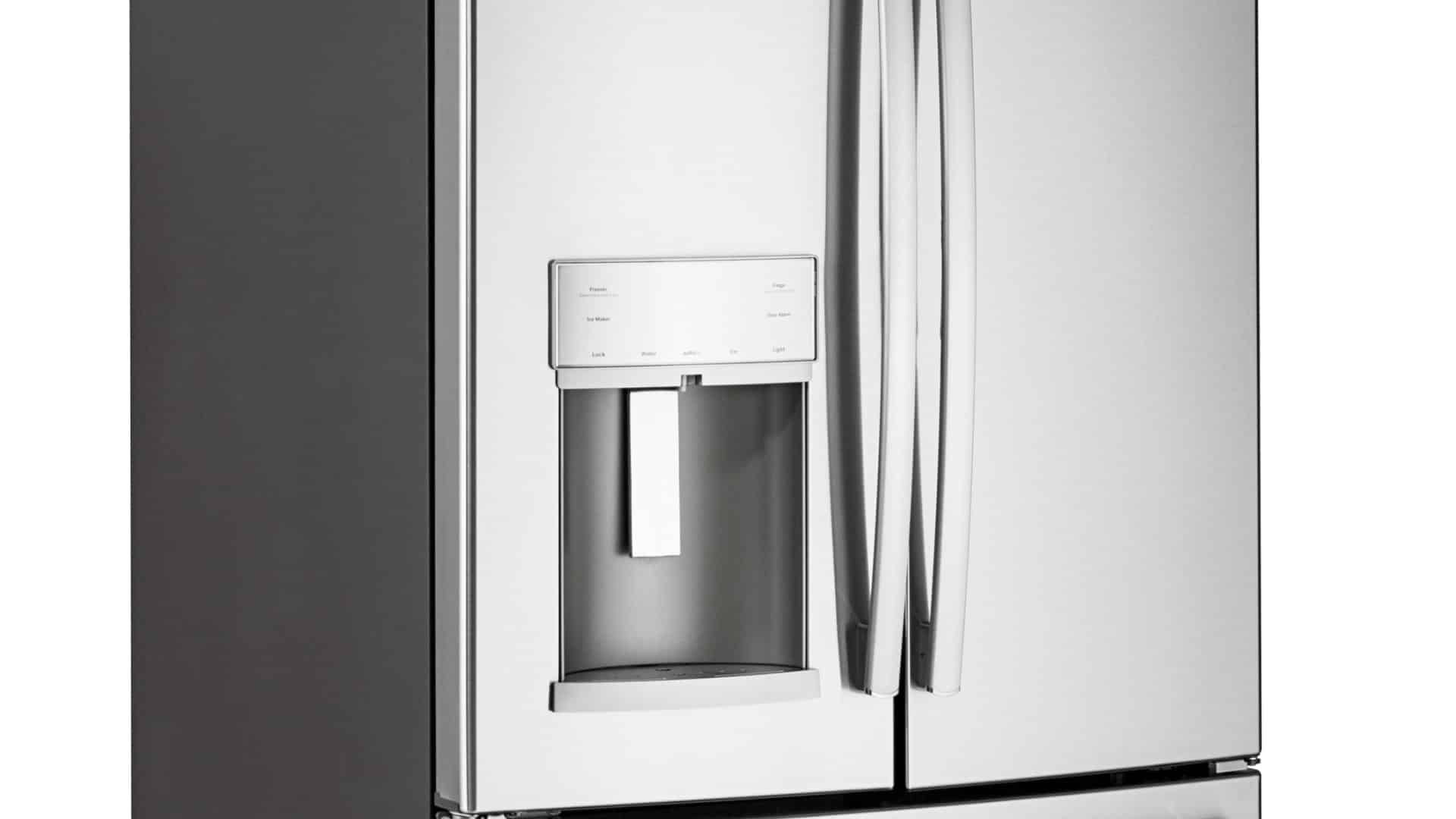This is a question many people ask themselves but few ever bring up. When your dishes have visible chunks of food stuck on the surface, common sense should tell you to clean them in the sink before placing them in the dishwasher. After all, you don’t want this debris clogging up and potentially damaging your dishwasher. But pre-rinsing may do more harm than good…
According to a 2012 article published by ConsumerReports.org, pre-rinsing your dishes before placing them in the dishwasher can use more than 6,000 gallons of water per year (source)! A standard kitchen faucet puts out 1.5 to 2.2 gallons of water per minute. Some of the older models, however, can release as much as 7 gallons of water per minute. So spending just 5 minutes each day pre-rinsing your dishes can drastically increase your water usage, which subsequently raises your utility bills.
When you pre-rinse your dishes, you are using both water and electricity/gas. Most people use warm water to help dislodge and clean off stubborn food debris. While warm water is proven to be more effective at cleaning than cold water, it relies on the use of a water heater. If you have a gas-powered water heater, your gas bill will increase as a result of pre-rinsing your dishes. If you have an electric water heater, your electricity bill will increase.
But the real problem caused by pre-rinsing is its adverse effect on the dishwasher’s function. You see, dish detergent is engineered to actively seek out and target food scraps left on dishes. When these scraps are removed from the picture, the detergent may attack the dishes instead, leaving behind cloudy residue and in rare cases, scratches.
So, should you pre-rinse your dishes before placing them in the dishwasher? The short answer is no, you shouldn’t pre-rinse them. However, this doesn’t mean you should stack plates and bowls with caked-on food debris in your dishwasher. Doing so may result in debris getting sucked into the drain line, clogging it and preventing the unit from draining properly. Most dishwashers have filters which are designed to catch food particles, but it’s not uncommon for debris to make its way past the filter and into the drain line.
Rather than pre-rinsing your dishes in the sink, scrape them in the trash to remove any large chunks of food. Taking a minute or two to scrape your plate will improve your dishwasher’s cleaning ability while also lowering your energy usage.
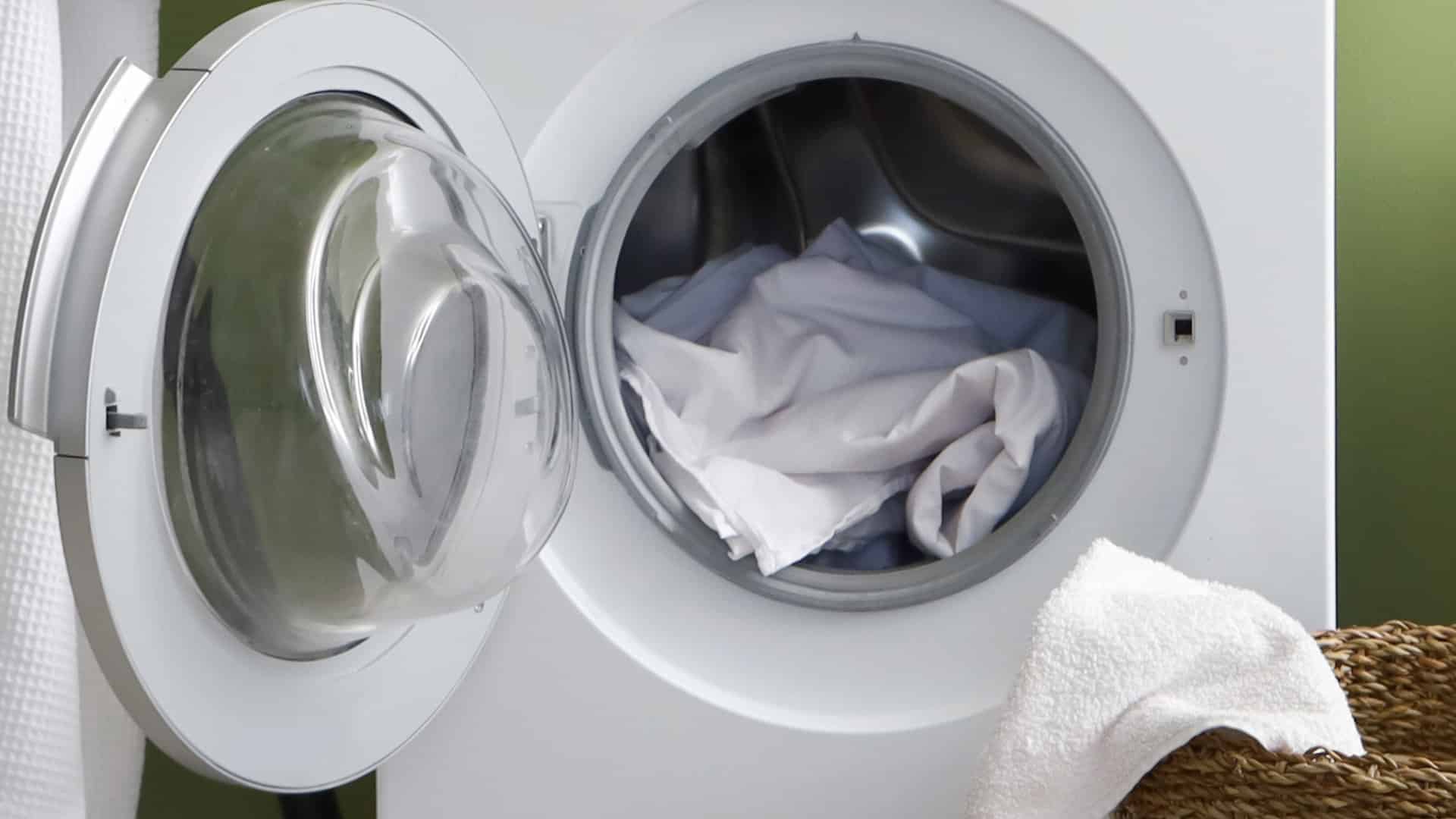
Whirlpool Washer Error Codes Explained
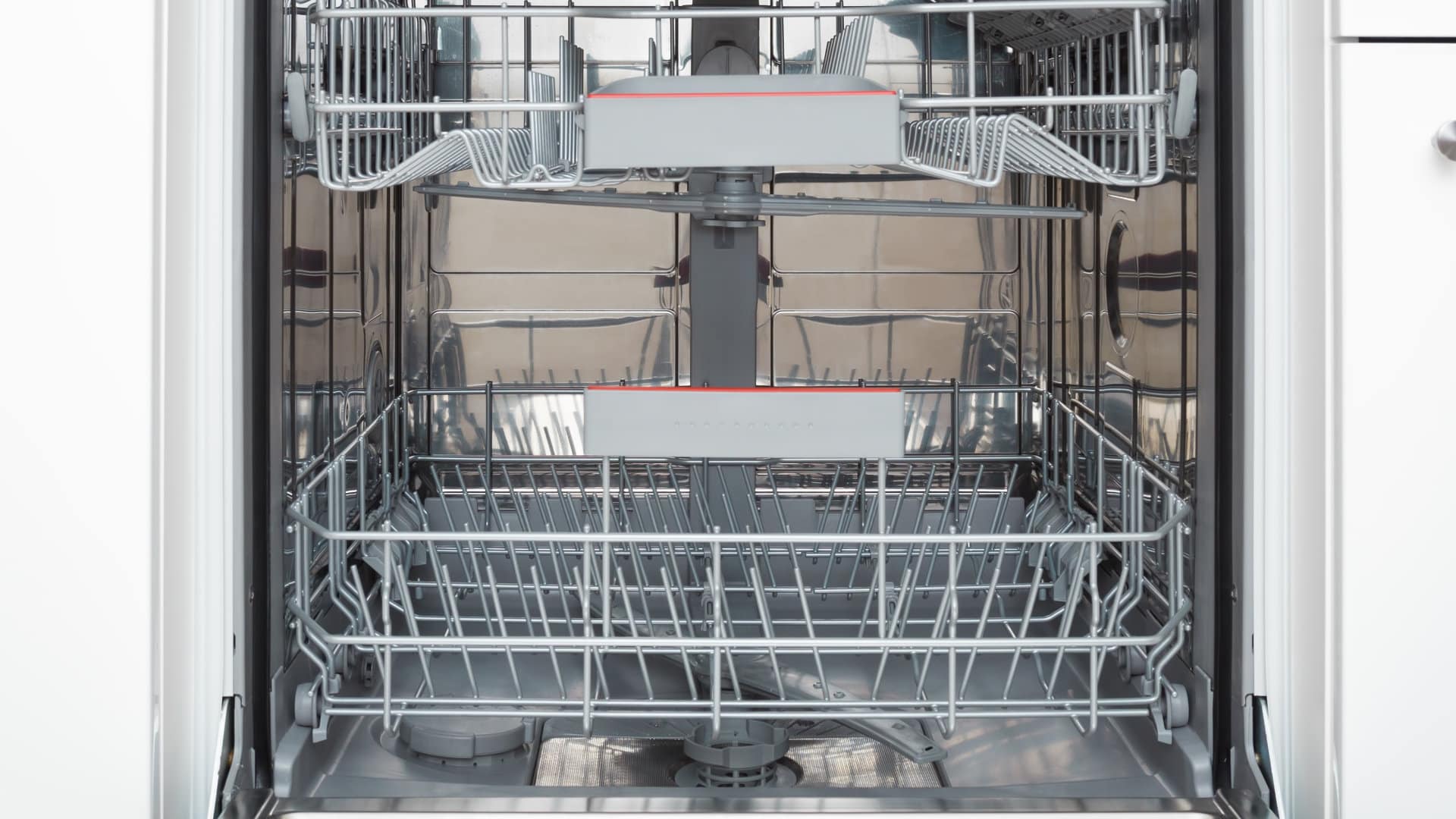
How to Wash a Hat in the Dishwasher (In 5 Steps)
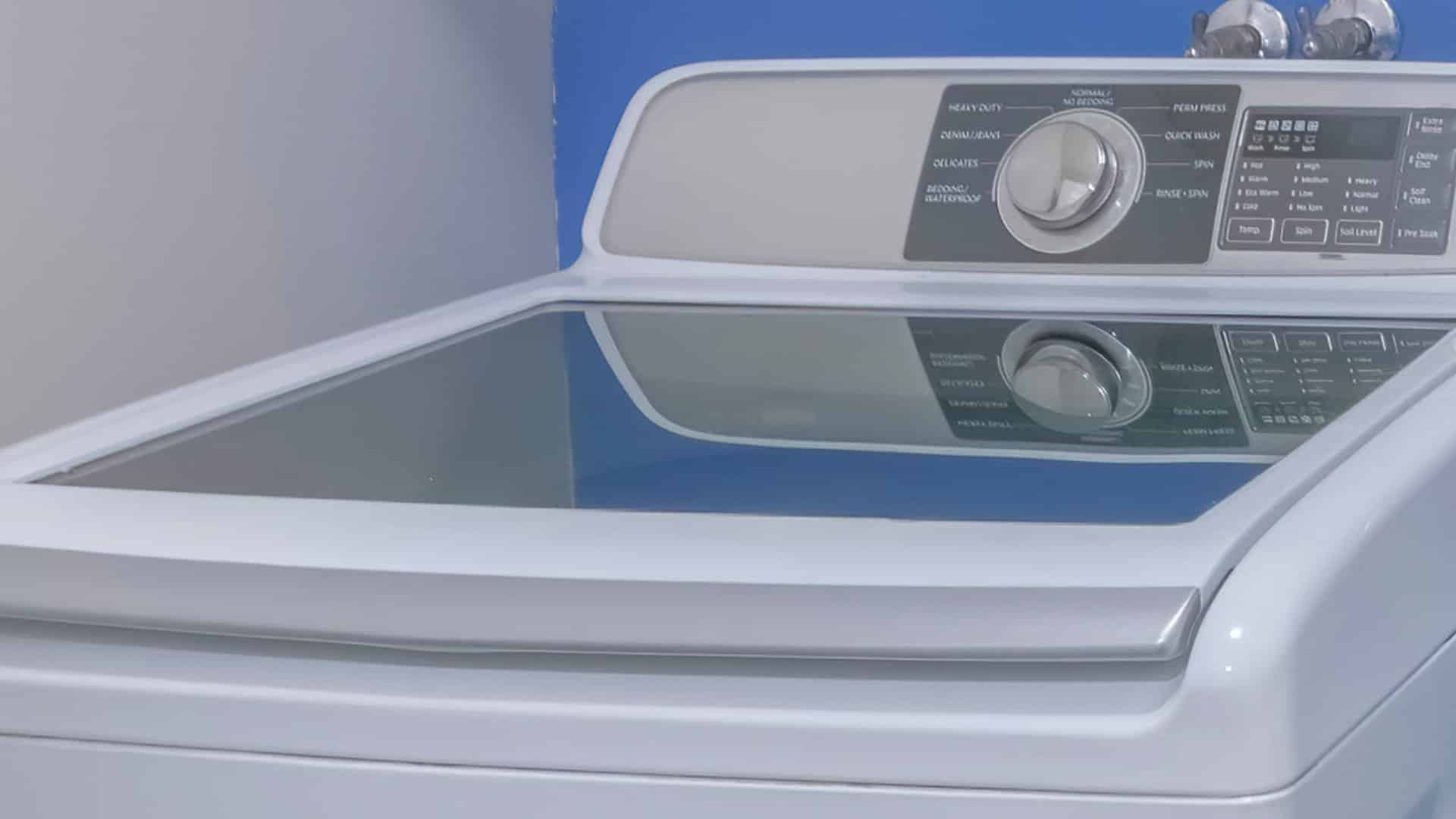
How to Fix the nF Error Code on a Samsung Washer
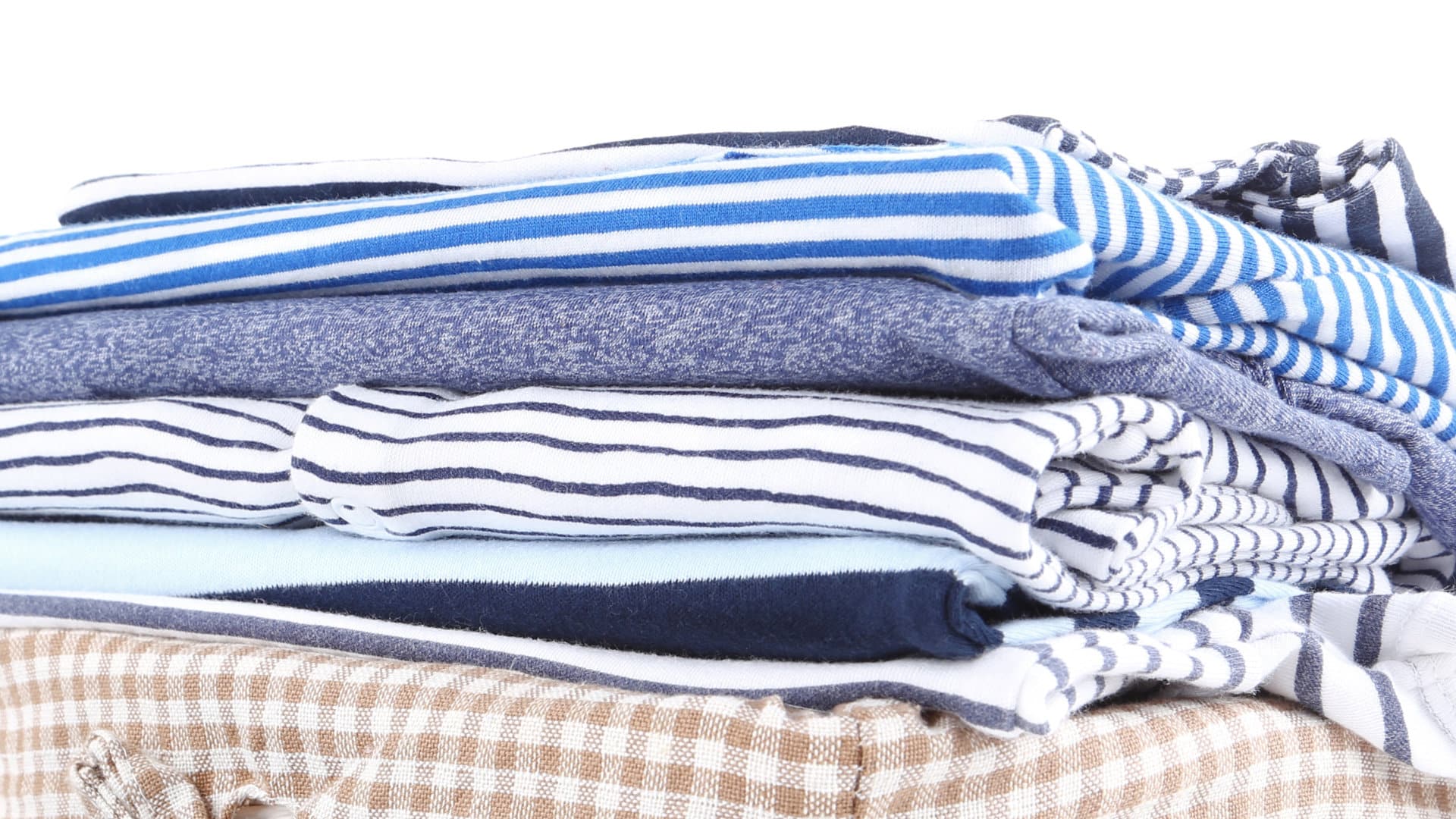
Kenmore Elite Dryer Issues: How To Troubleshoot
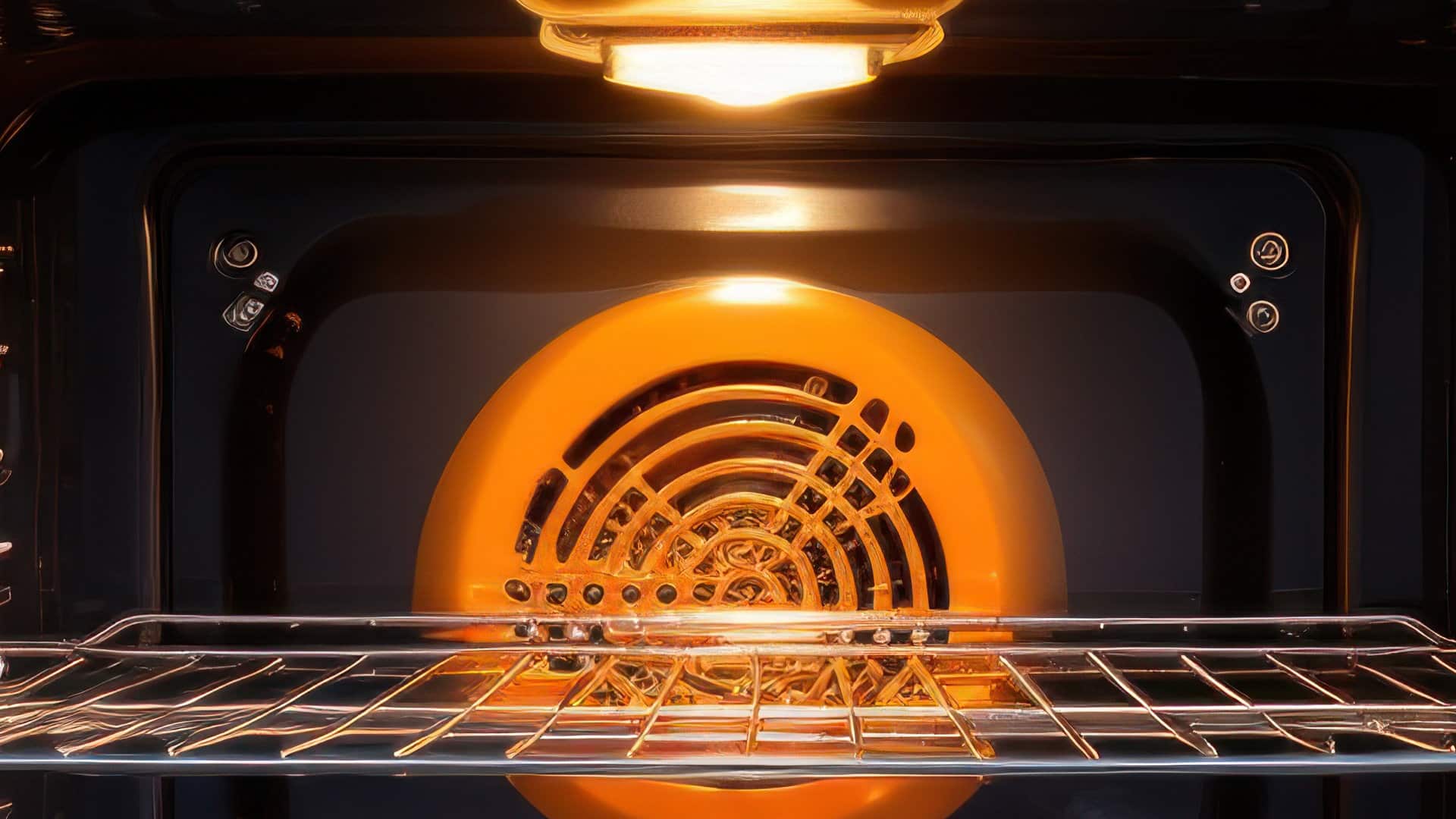
Microwave vs. Oven: Pros and Cons and How They Differ
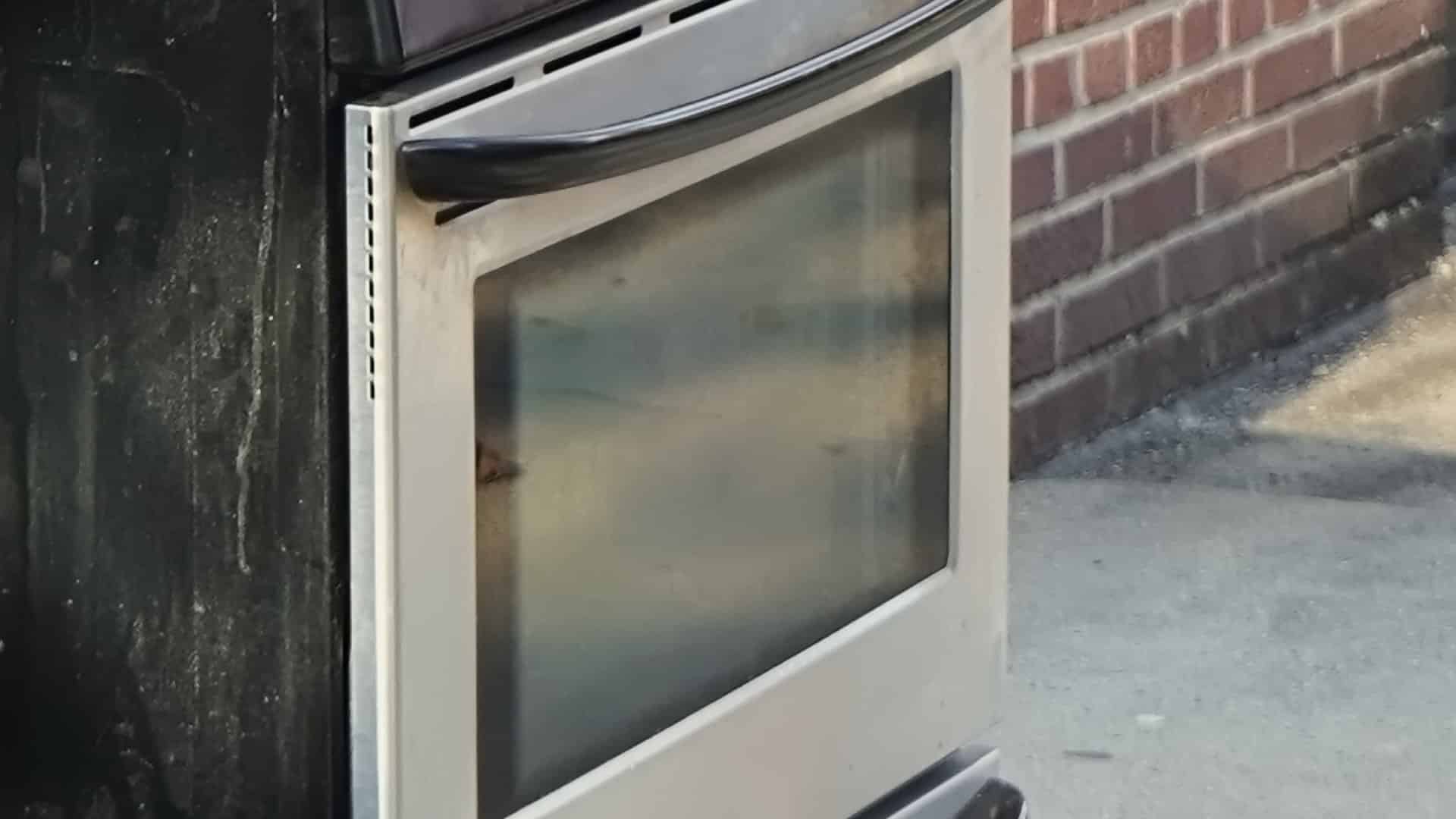
Self-Cleaning Oven Smell: Causes & Odor Reduction Tips
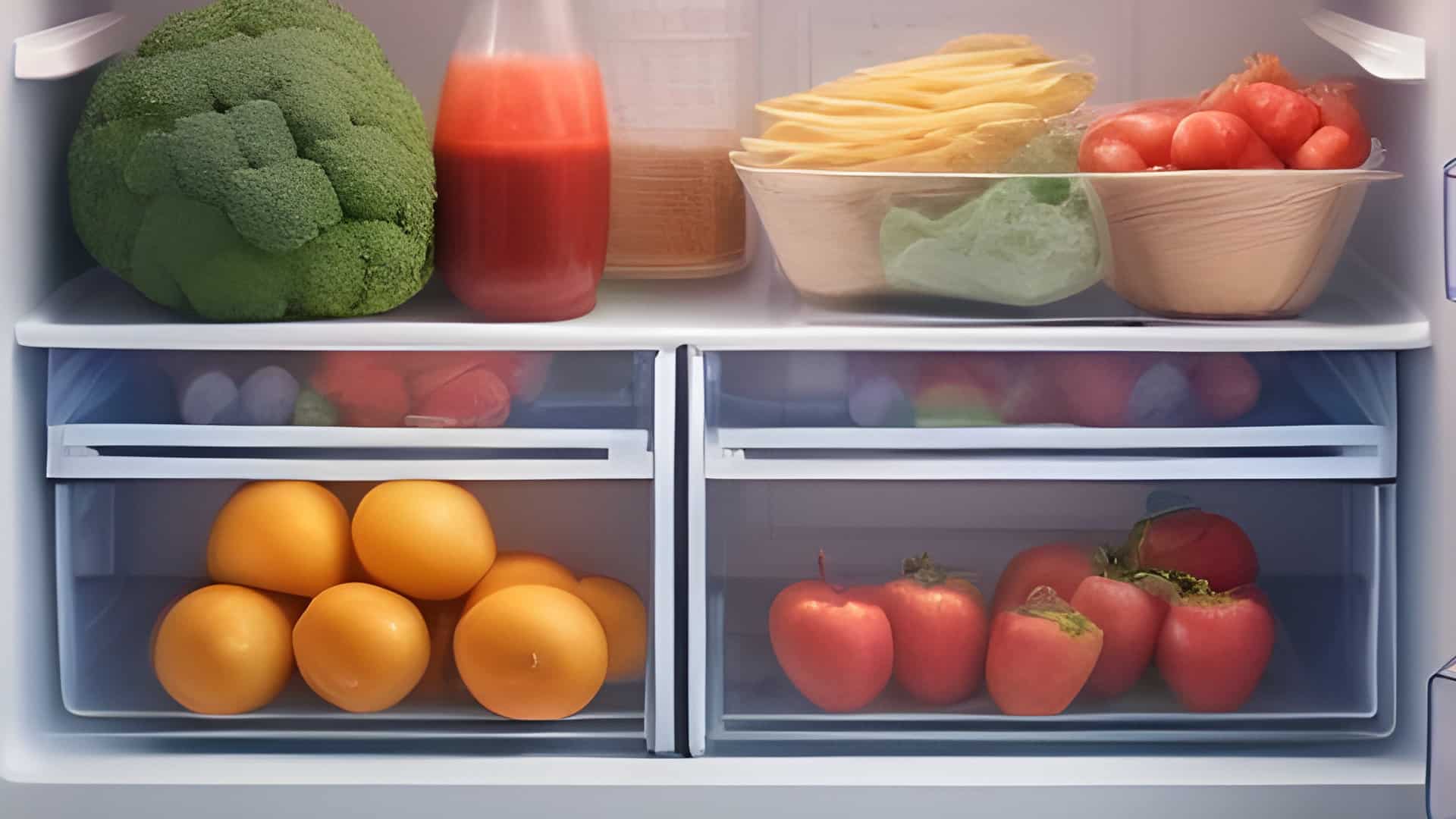
Frigidaire Ice Maker Not Working? 7 Ways to Fix It
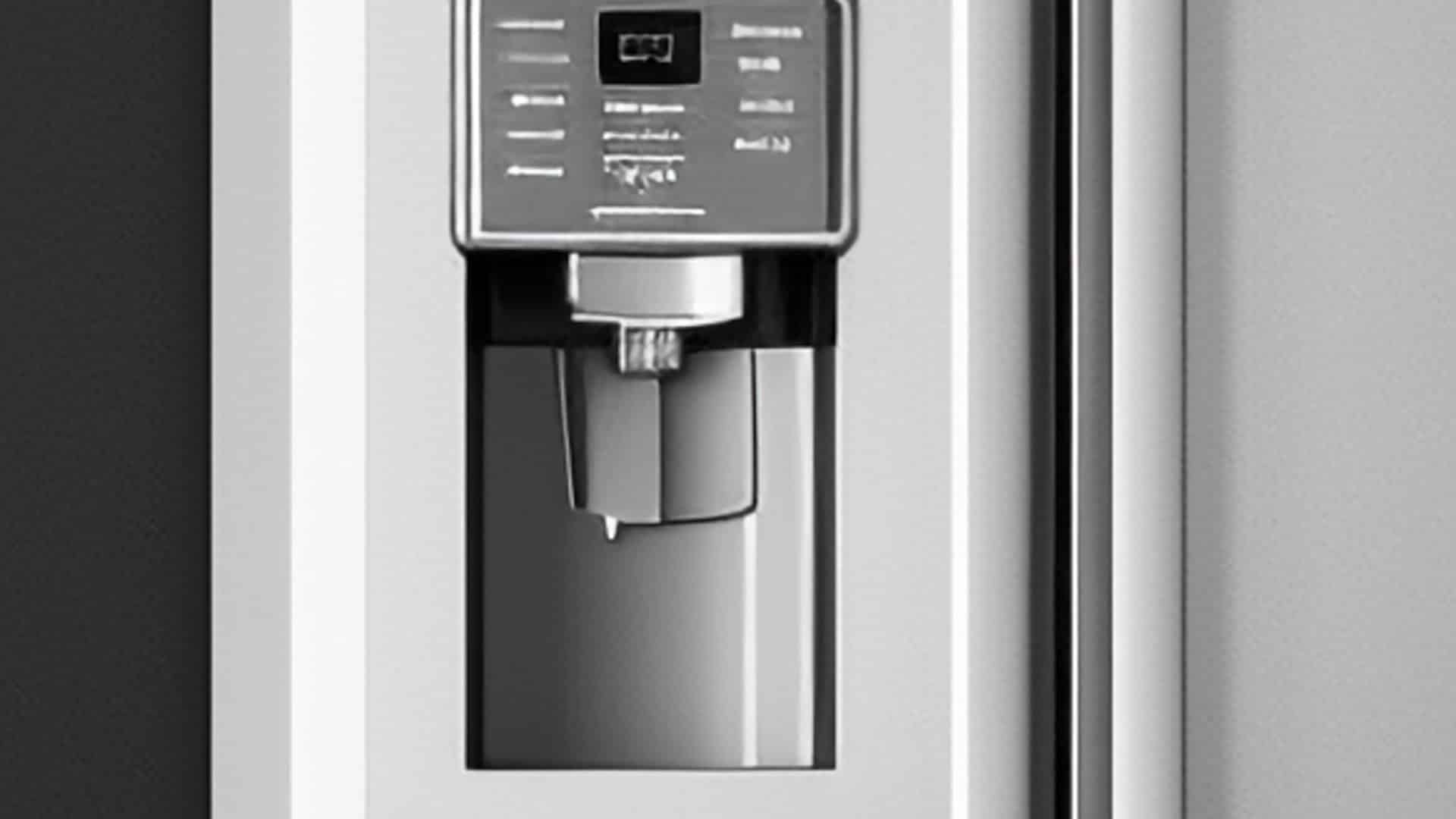
Why Is Your LG Refrigerator Not Cooling? (9 Common Reasons)
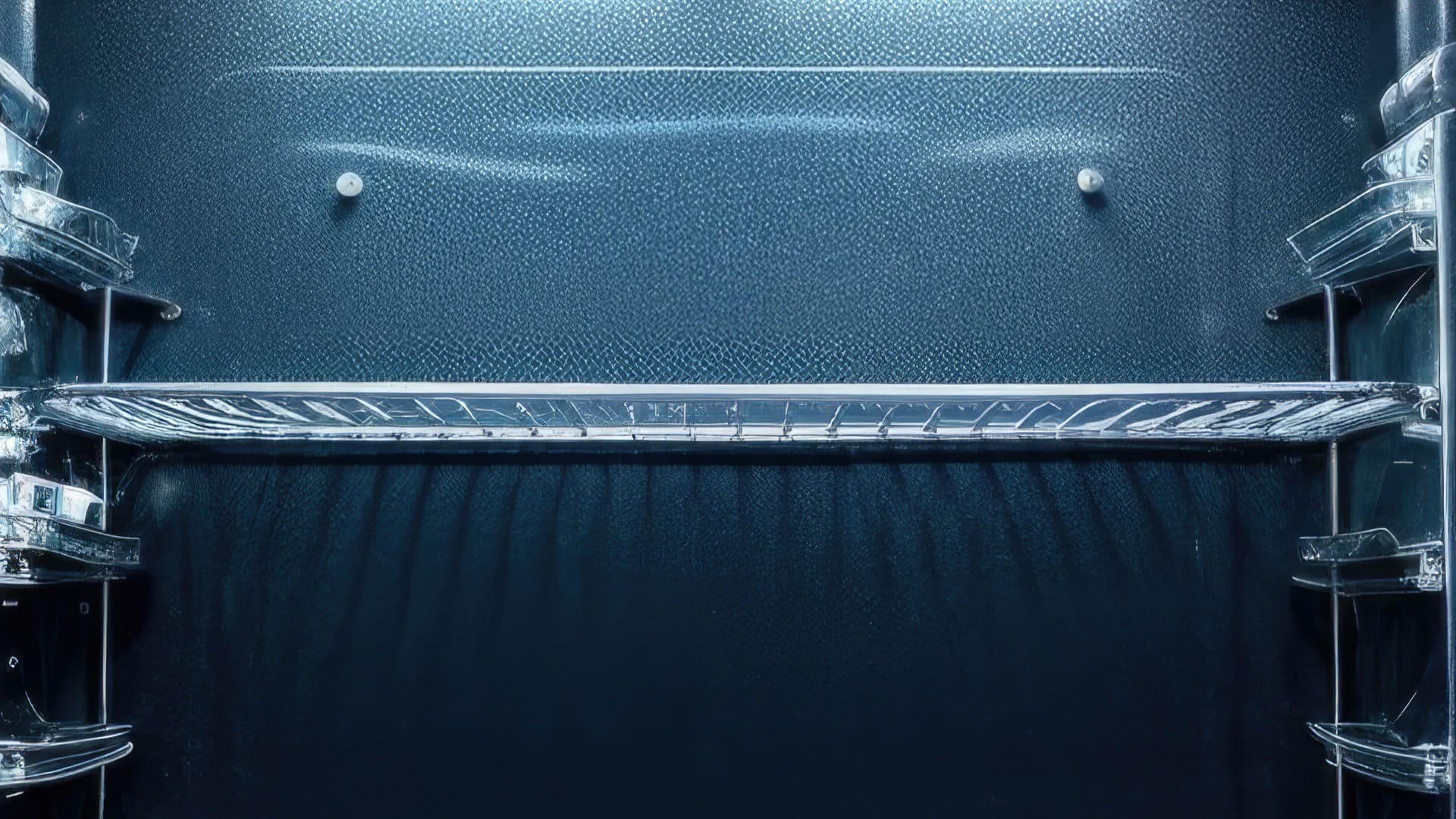
GE Oven F2 Error: Causes & Solutions
